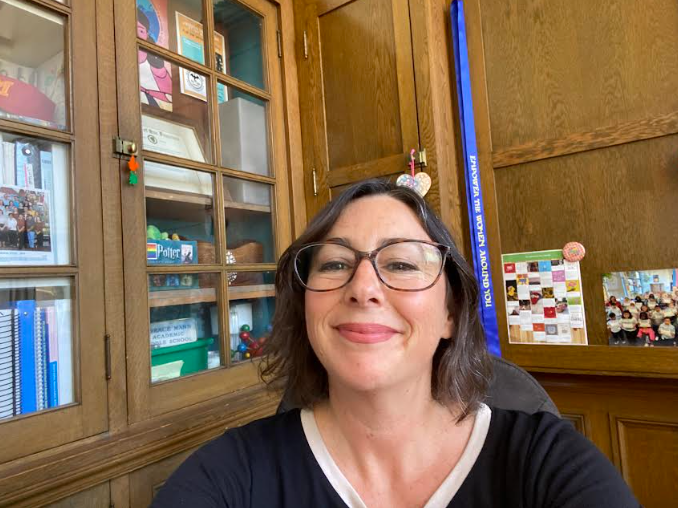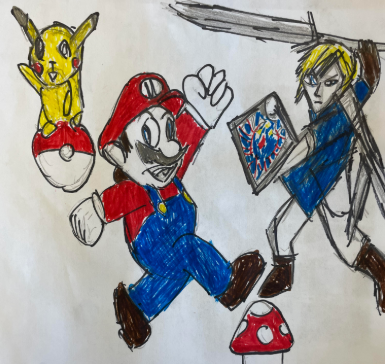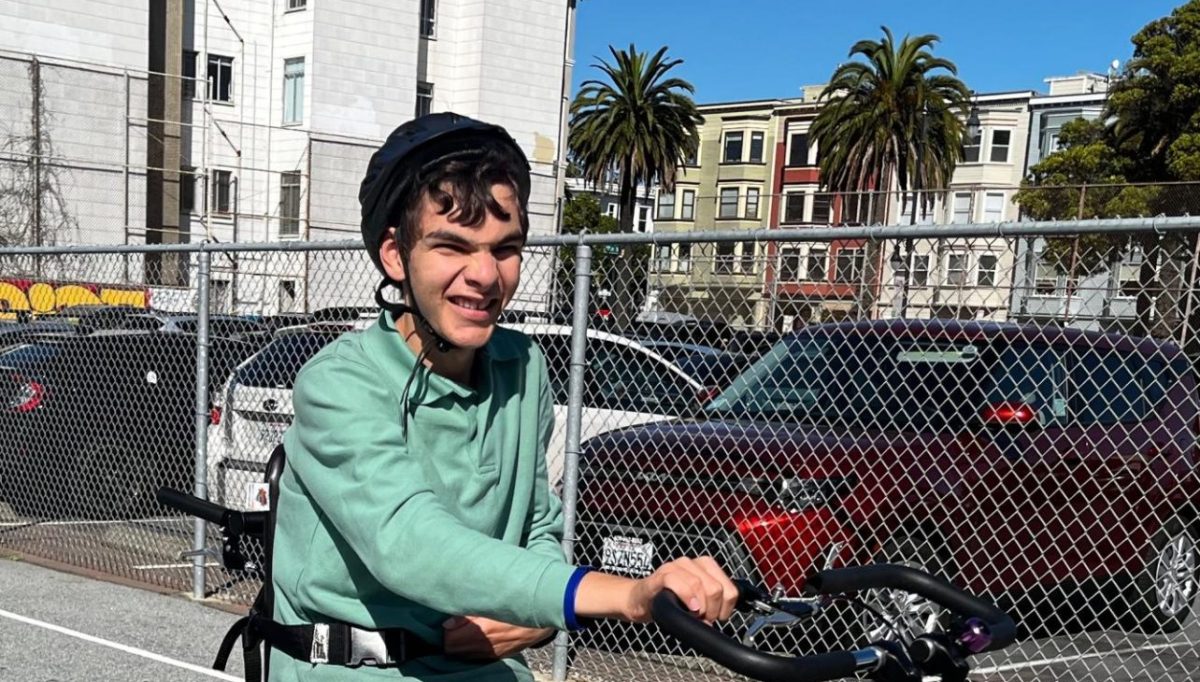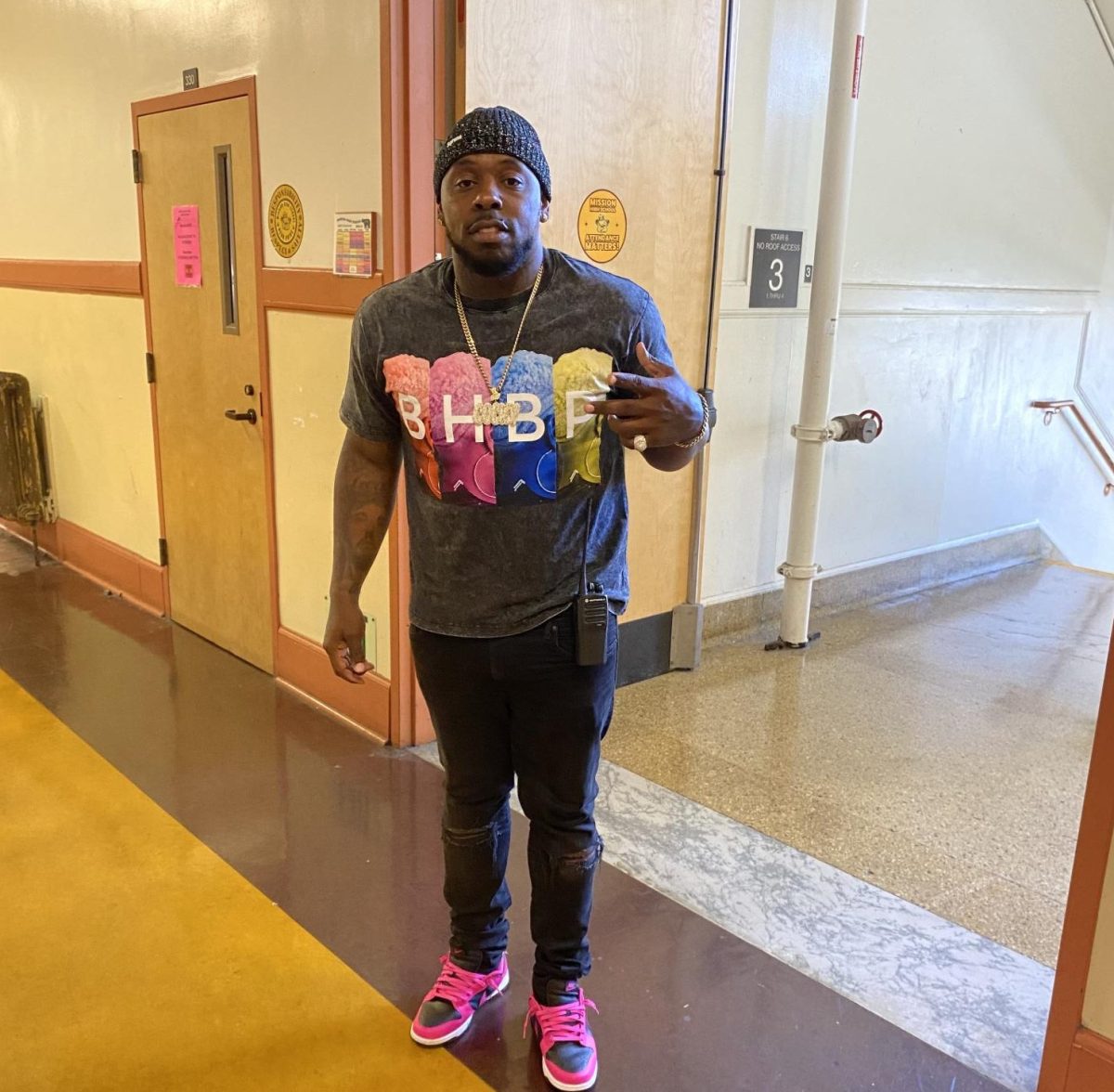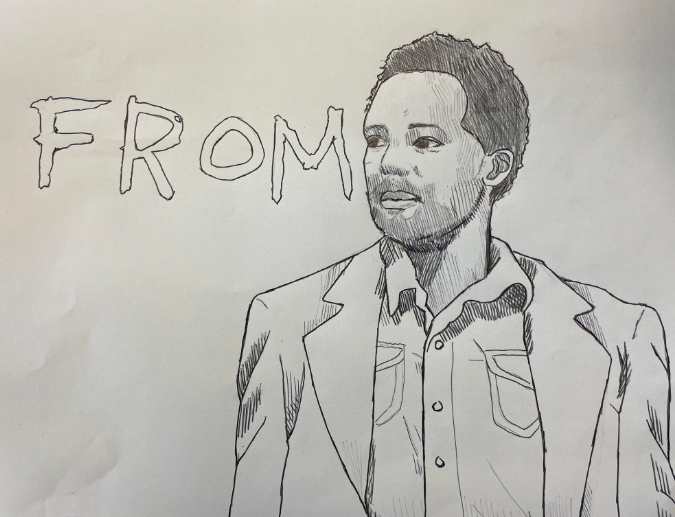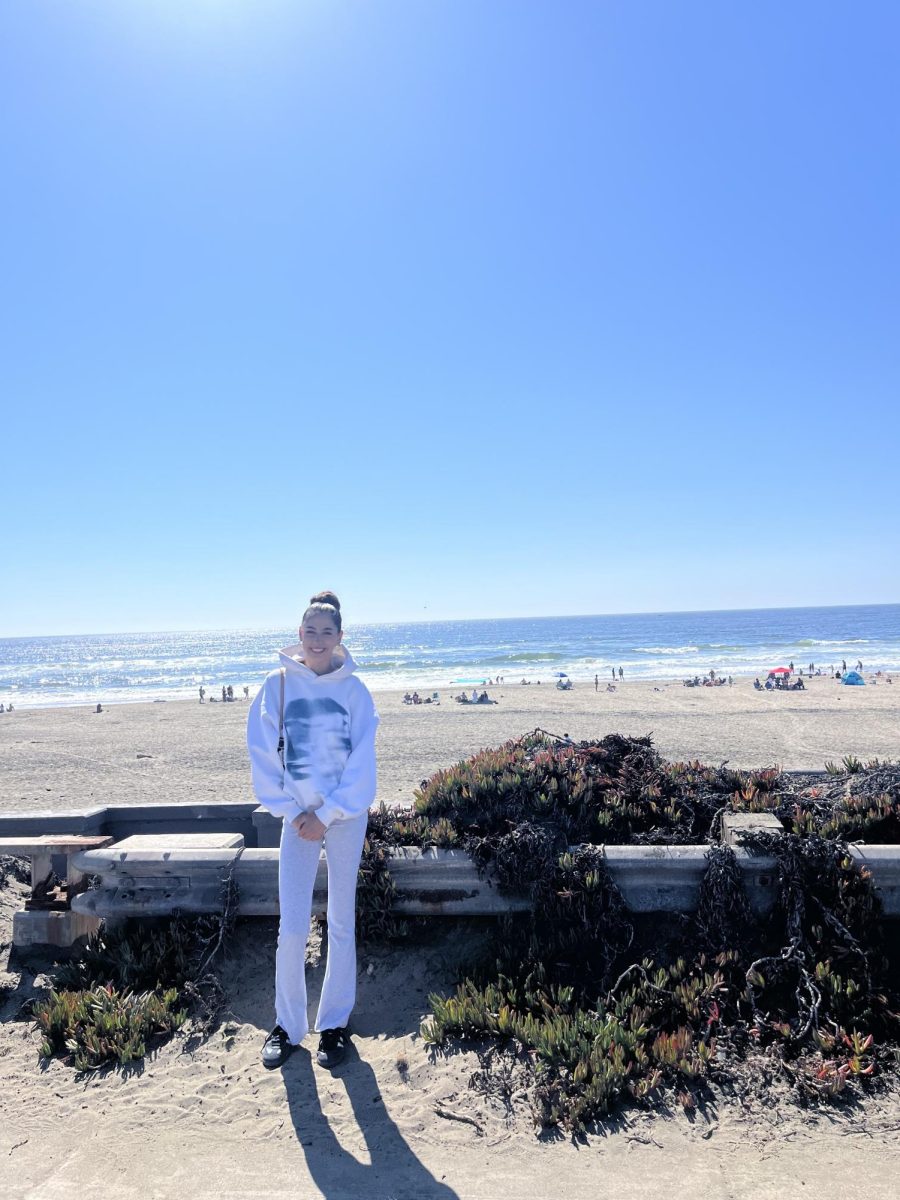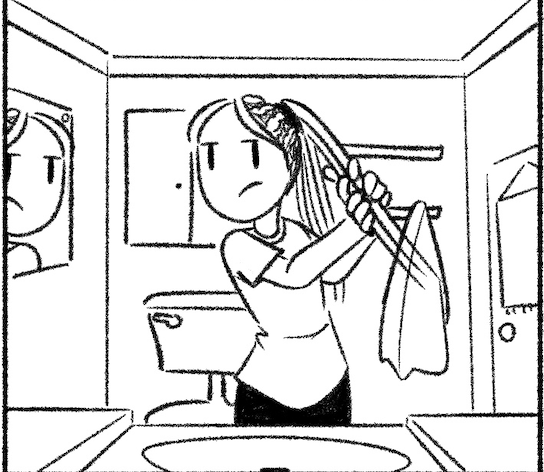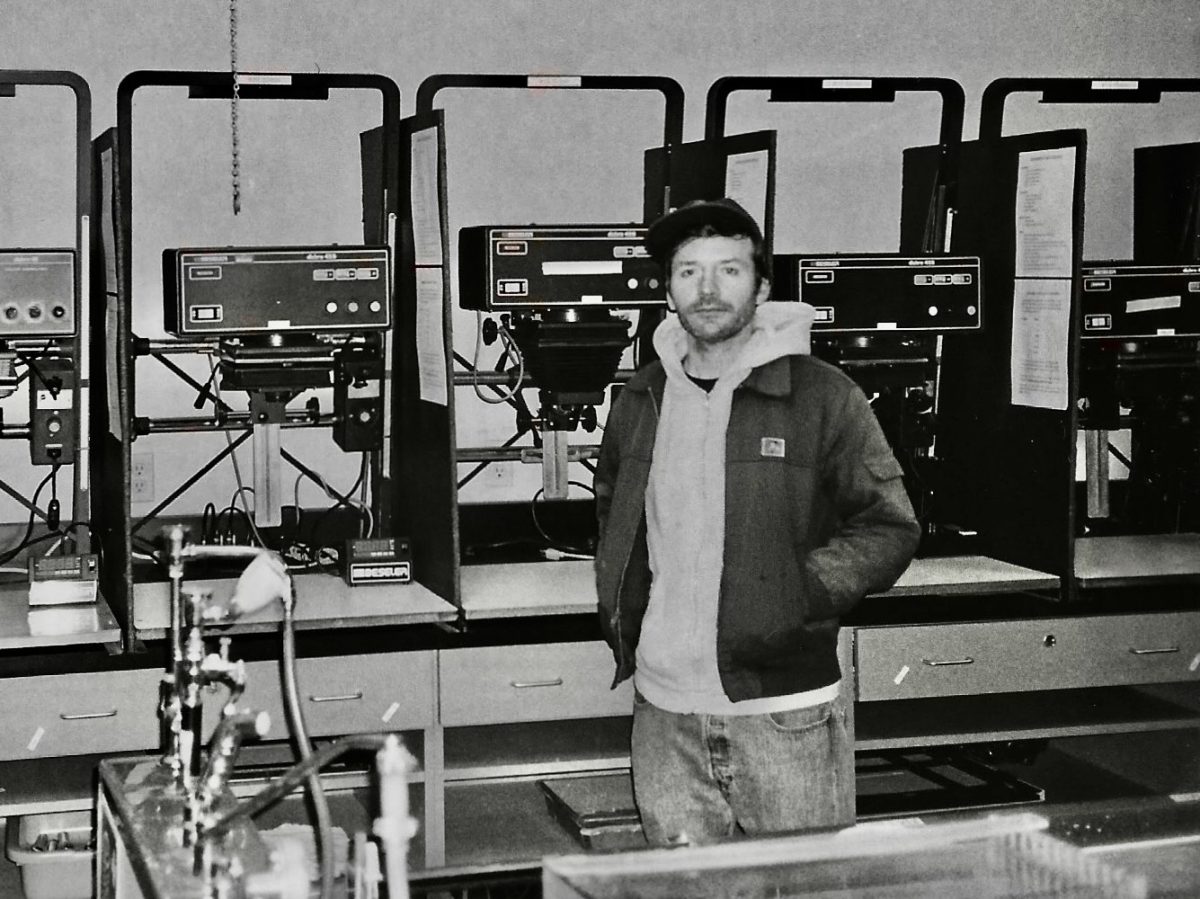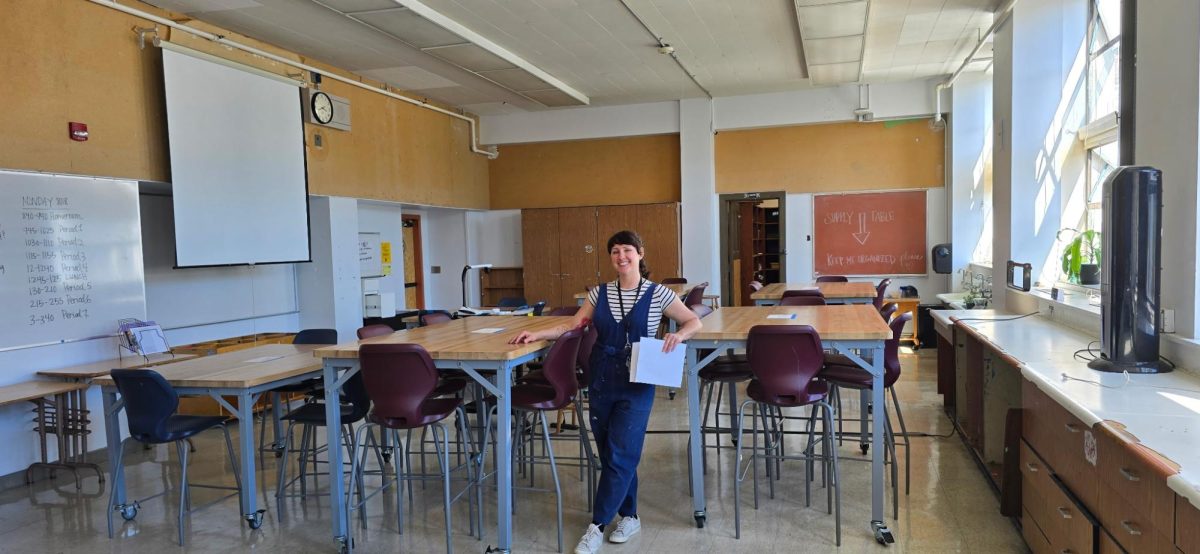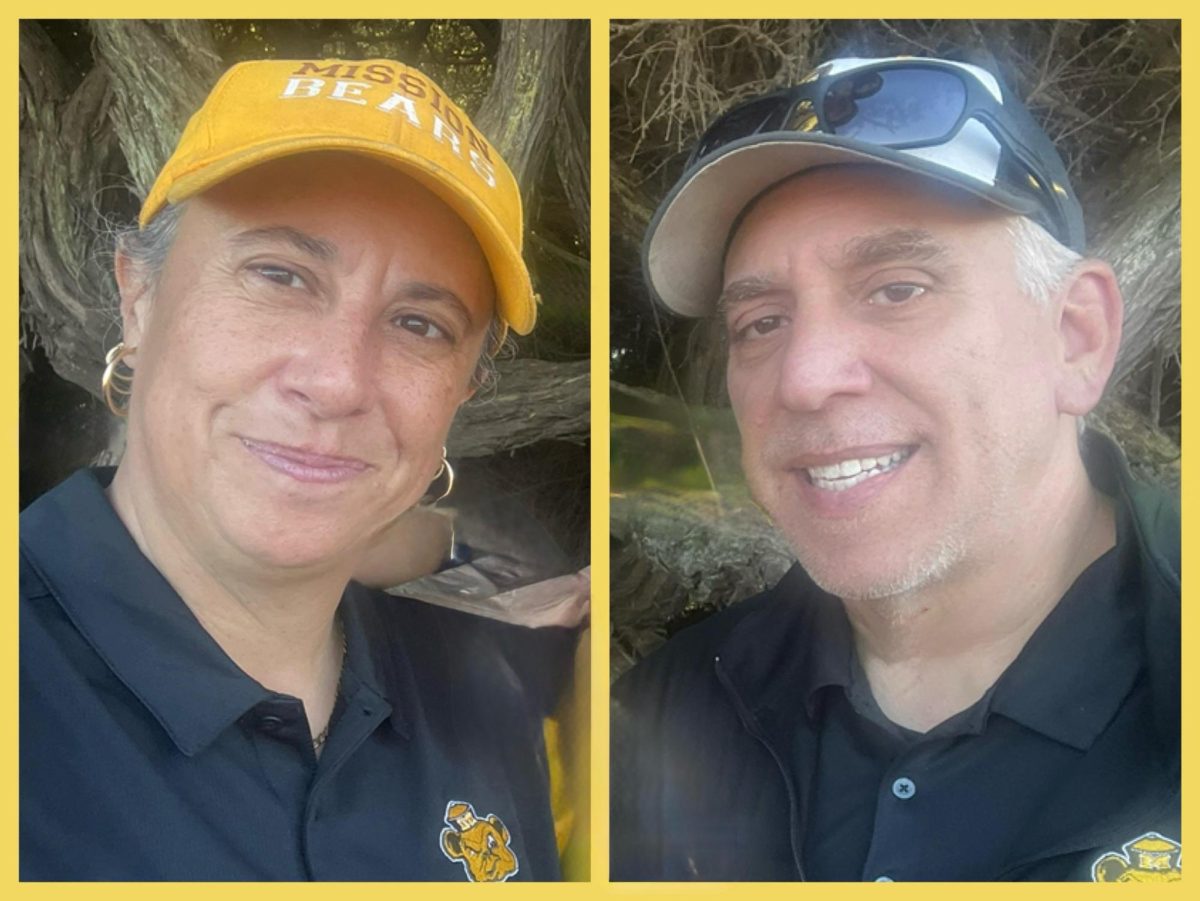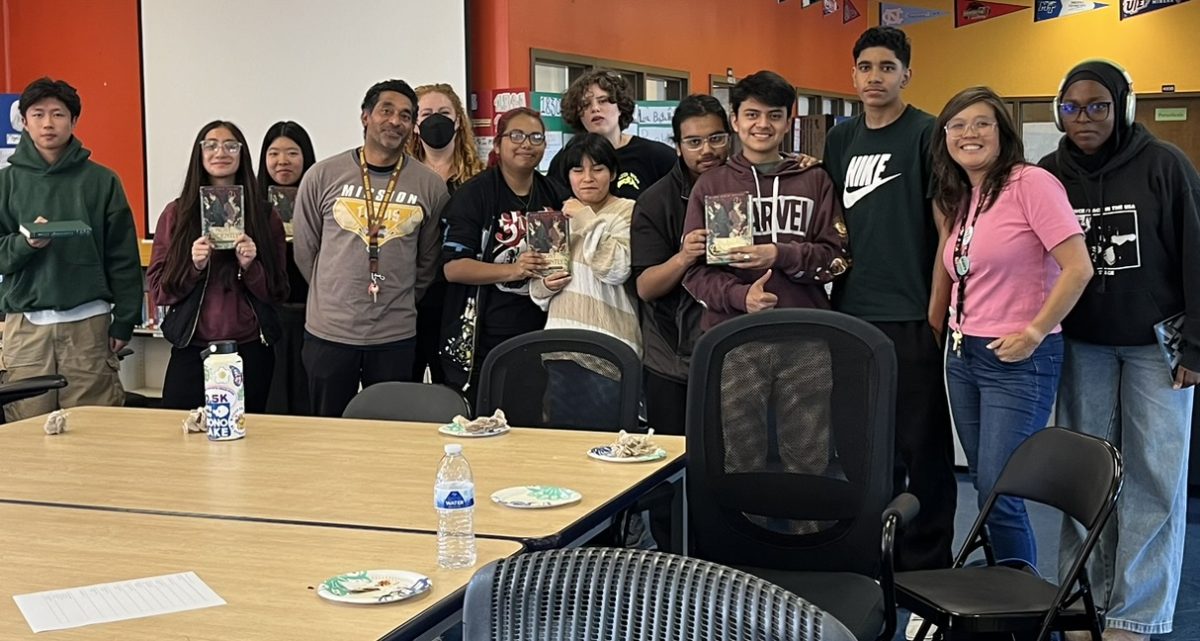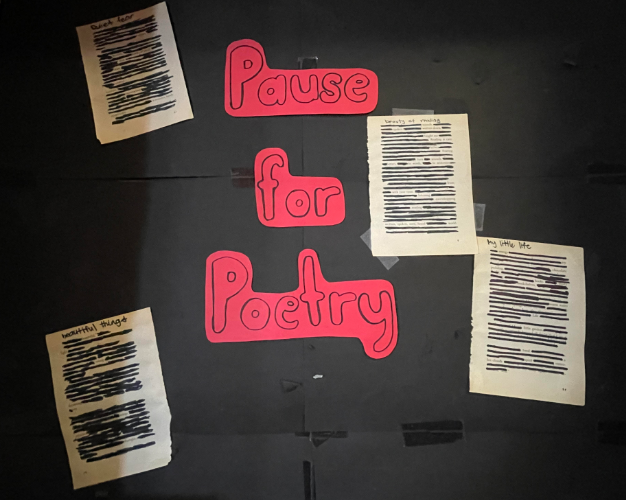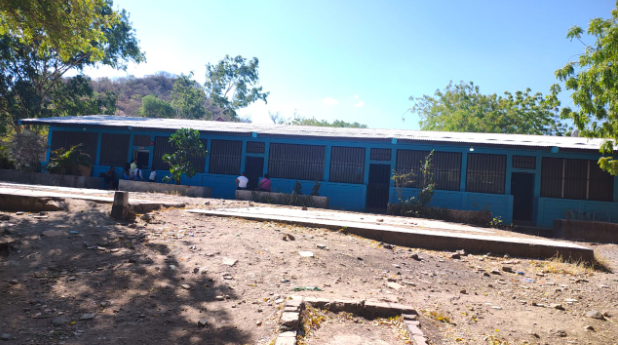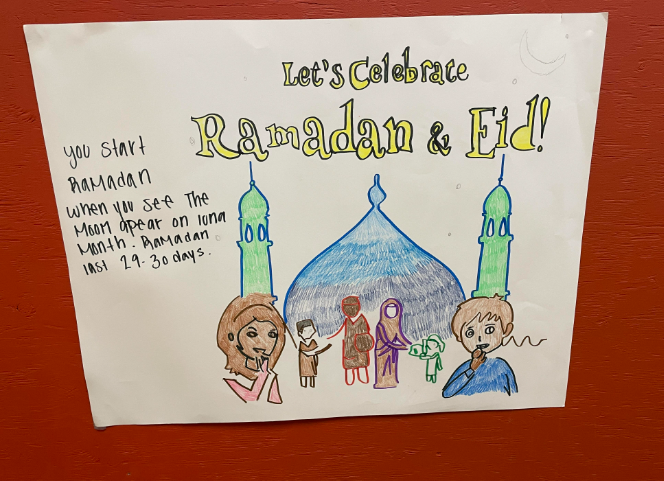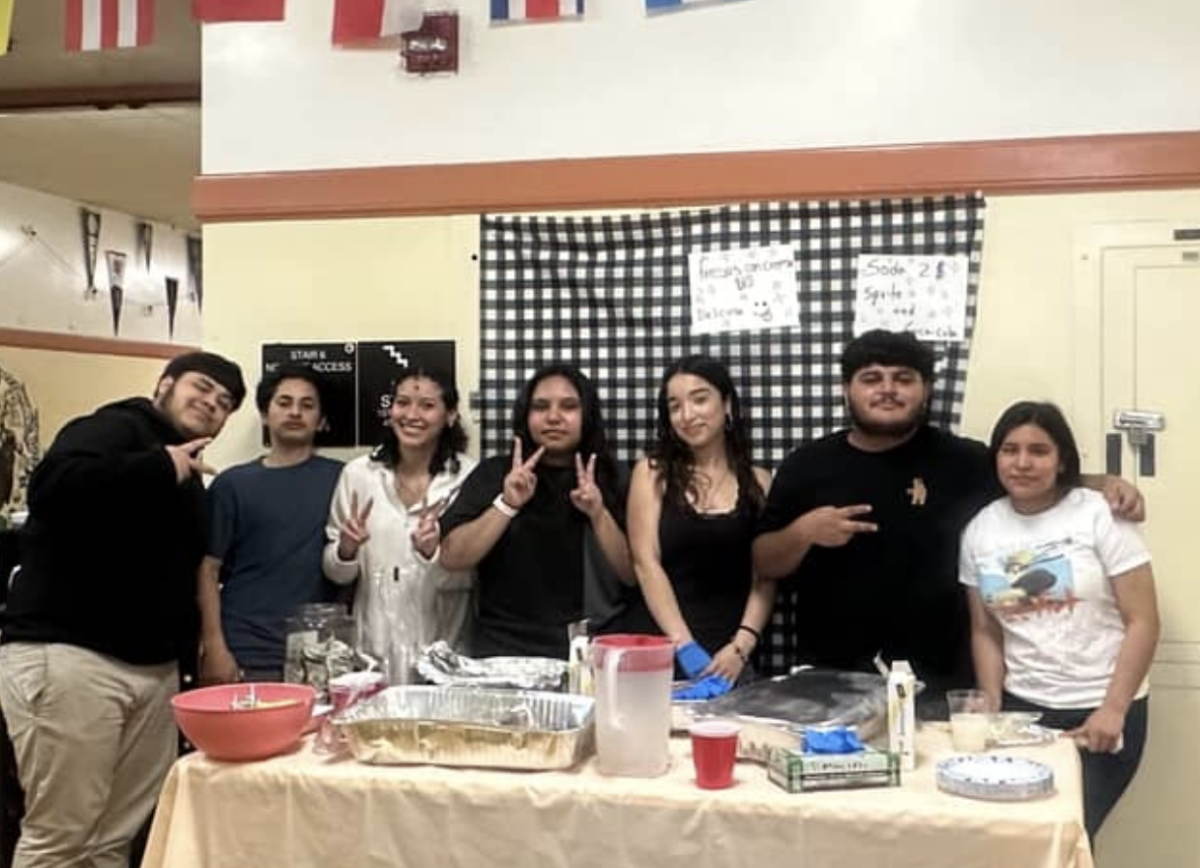My mom and dad are always worried about ICE knocking on the door. They are talking seriously about being ready to get deported. I live with the thought that adding stress to me affects my education and my mental health.
Many people are impacted by this. They come to the U.S. for a better future for their kids, but end up in a household that is always stressing over immigration, economics, housing, and health care. I am in this community and almost everyone I know is as well.
The problem I am tackling is the mental health of people without immigration status and how it affects their day-to-day lives. Struggles with mental health puts stress on people and that stress relates to the environment of their community and the resources they are nearby.
Claudia Boyd-Barrett states that “fear interferes with students’ ability to learn. Any kind of anxiety or fear just makes it that much more difficult to function, if not impossible.” Many immigrant parents come to the U.S. to give their children a better future, but it doesn’t ensure better mental health.
In the documentary Unnatural Causes, an Asian man Gwai, and his family are in a poor neighborhood that has chemicals dropped there and lots of liquor stores. There is a health disparity. I feel like I have a responsibility as the child of two immigrants that I can support my parents to go through this and give them the future they wanted for me.
When new immigrants arrive, they are at a disadvantage affecting them in many ways, such as a lack of power in their jobs where their bosses can threaten them with deportation. Their immigration status affects their dimensions of health, as in their employment, environment, and beliefs.
My solution would be to make a small community group to provide food, clothing, medicine, bilingual classes, and education. This will then give people who came to the U.S. less stress over their minds and let them know that they have support from others and that they can trust the community.
An example would be the National Immigration Justice Center, an organization dedicated to helping immigrants by providing housing support. NIJC has stated, “create a personal fundraising campaign on behalf of (NIJC) and provide life-changing legal services to immigrants and asylum seekers.” These organizations’ support will give immigrants a little more support from others, making it a less stressful experience.
My call of action is for people to help support immigrants in any way they can. It doesn’t have to be a major change, it can be small. People should spread the word to others for more recognition and that there isn’t any harm in helping those in need.
I propose that we should have a community gathering of health support groups, fundraisers, and activists who are there for each other and these groups give immigrants that they are not alone in their journey and that they can count on others. This will be a resource immigrants can access for free knowing they can have someone they can talk to about their experience. Many people who come to the U.S. are doing it for the better of their children and there is no other option than to come to the U.S. and become an immigrant.
Work Cited
“Common mental health problems in immigrants and refugees: general approach in primary care.” PubMed Central, https://pmc.ncbi.nlm.nih.gov/articles/PMC3168672/. Accessed 19 November 2024.
Claudia Boyd-Barrett. “Anxiety Grips California Students Amid Immigration Crackdown.”
P.G 3
California Health Report, 4 May 2017, https://www.calhealthreport.org/2017/05/04/anxiety-grips-california-students-amid-immigration-crackdown/. Accessed 21 Accessed November 2024.
“How to Help.” National Immigrant Justice Center, https://immigrantjustice.org/how-help. Accessed 19 November 2024.
